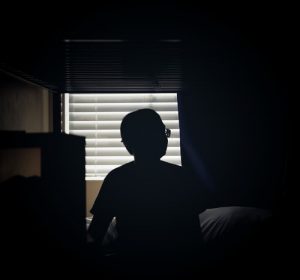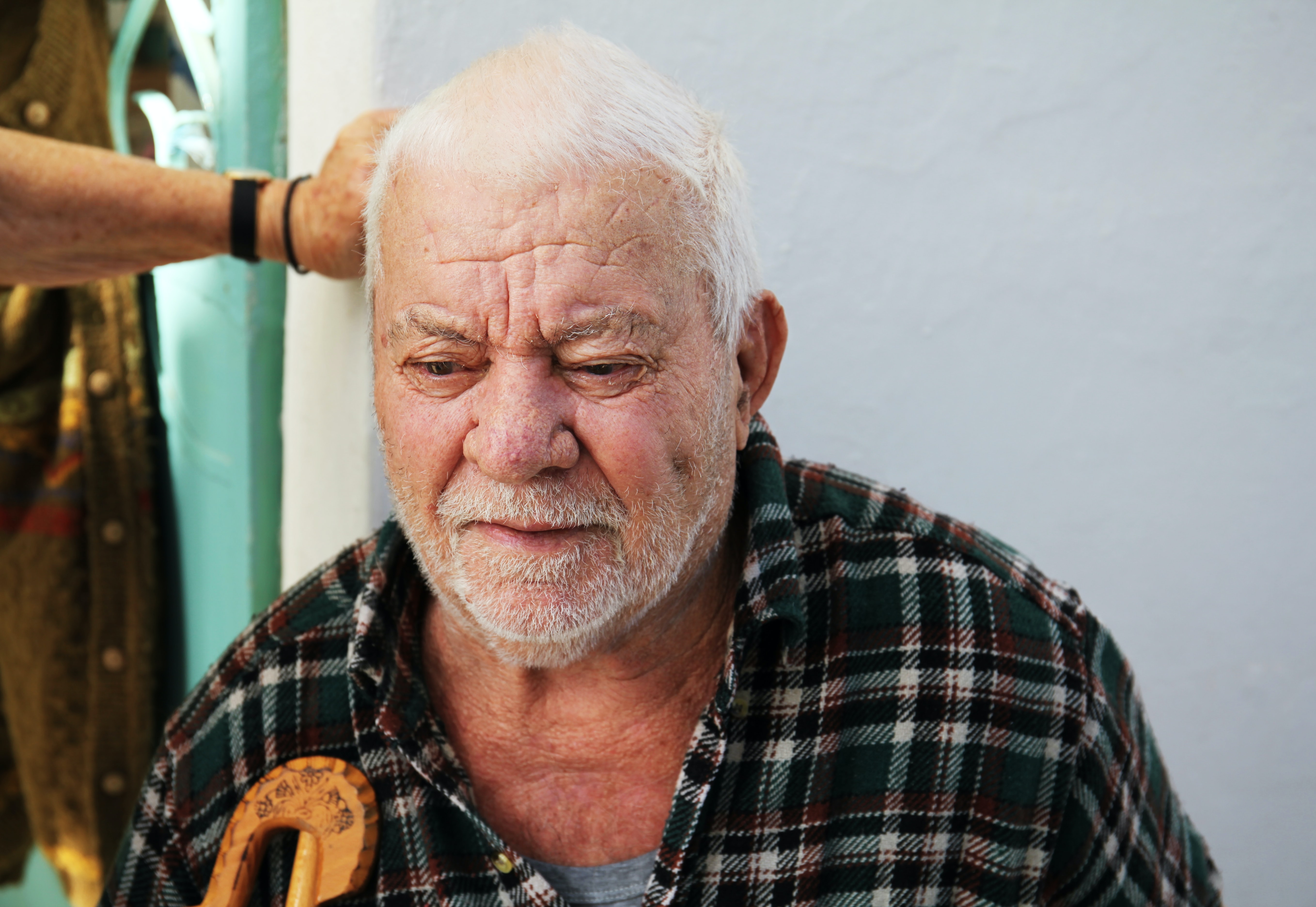Installing a surveillance camera can be a great comfort to concerned family members, as well as to the resident themselves.
Tucson, AZ – Over the years, Arizona has been rocked by numerous cases of nursing home abuse. The wide variety of these stories goes to show that abuse inside a long-term care facility can take many forms. But one story stands out vividly in collective memory – that of a Phoenix nursing home resident with profound learning disabilities who was raped, and gave birth while in the facility’s care. At no point during the woman’s pregnancy was the family informed of the situation.
Later, after the victim’s mother hired skilled abuse lawyers, the rapist was apprehended, and the facility was investigated.
Such horrifying cases are more common than we like to think, or that we know, because many of them are hushed up, and when nursing homes don’t cover it up, victims are just too scared/ashamed to report the abuse.
What constitutes nursing home sexual abuse?
When a family member has been the victim of sexual abuse, you need to consider immediate legal action. In Arizona, the statute of limitations is of only 2 years, which means the abuser may go free if you don’t speak to Tucson nursing home abuse lawyers today.
Remember that sexual abuse is NOT just rape. It can also mean:
- Being forced to witness masturbation or other sex acts against one’s will;
- Undesired sexual touching;
- Forced nudity;
- Forcibly taking sexually explicit photographs or videos of the resident;
- Inappropriate, sexually explicit language;
If you are aware of such abuse taking place, you need to contact Arizona nursing home abuse lawyers. They will be able to guide you through the process of seeking legal justice for the abuse endured by yourself or a loved one.
Can you install surveillance cameras in Tucson nursing homes?

If you suspect that a loved one is being abused while in the care of an Arizona nursing home, you may consider installing video surveillance to settle your fears. The good news is that recently, the state of Arizona made it legal for family members to install video surveillance in their relatives’ rooms at a long-term care facility.
Note that this rule focuses on the installation of video surveillance in solo rooms (in other words, if your loved one doesn’t have roommates). According to state regulations, the family, or the resident themselves, needs no authorization for installing a video camera in the room as long as the camera is visible (not expressly concealed), and the room is private.
If you do record abuse with your camera, you need to contact nursing home abuse lawyers with your findings. Similarly, if you capture evidence of forced medical procedures, improper medical care, or other such types of abuse, you may also need to speak to qualified medical malpractice lawyers.
What about if the room isn’t private? If your loved one shares a room at a long-term care facility, you can still install a video camera. However, you will need the written consent of all the other residents in the room before you do so.
Is a camera a good idea?
Installing a surveillance camera can be a great comfort to concerned family members, as well as to the resident themselves. Installing a video camera can be a way of documenting abuse while it’s happening, but can also be a great preemptive measure, to deter potential abusers.
Source: UNSAFE – Abuse and neglect of Arizona’s most vulnerable can happen anywhere


Join the conversation!